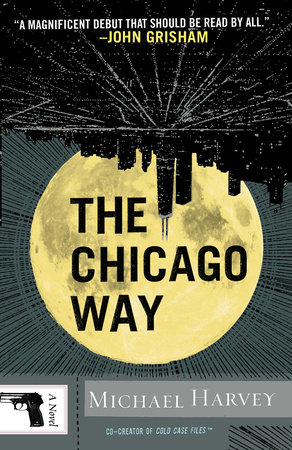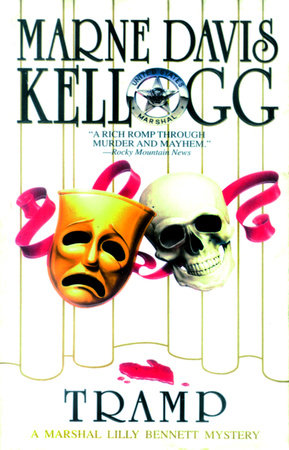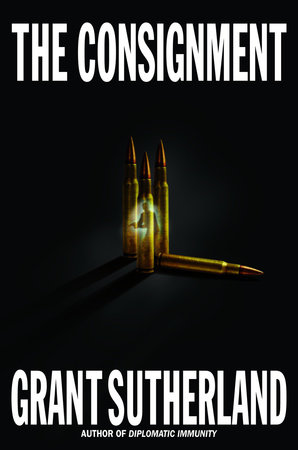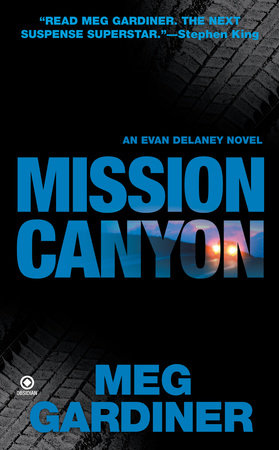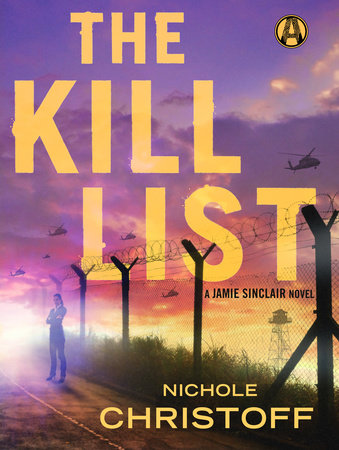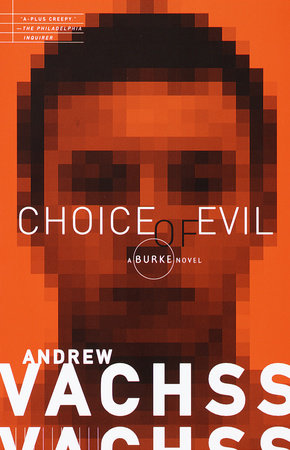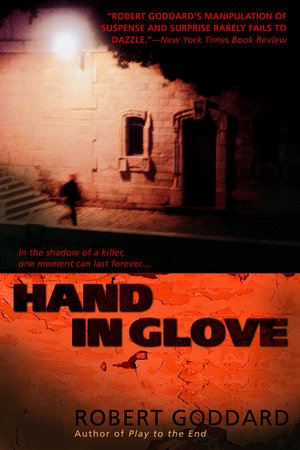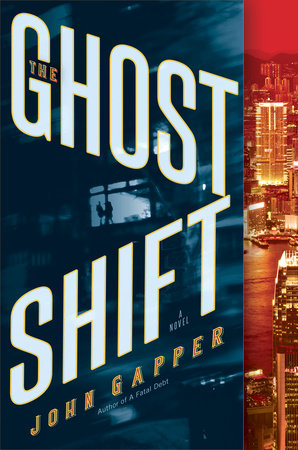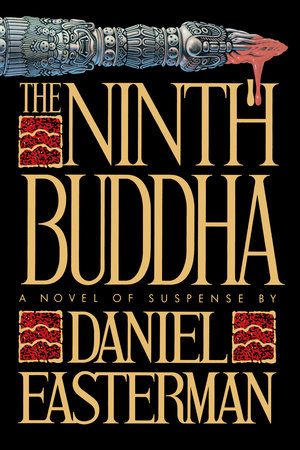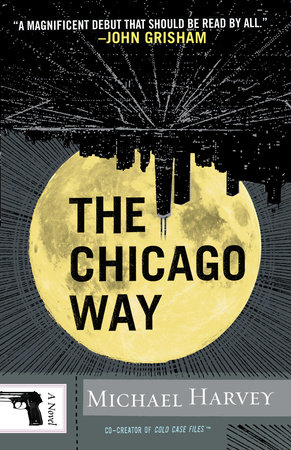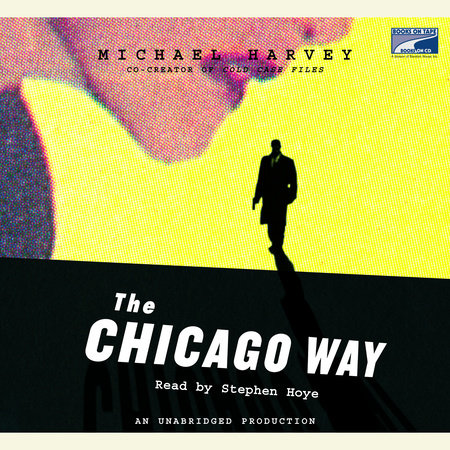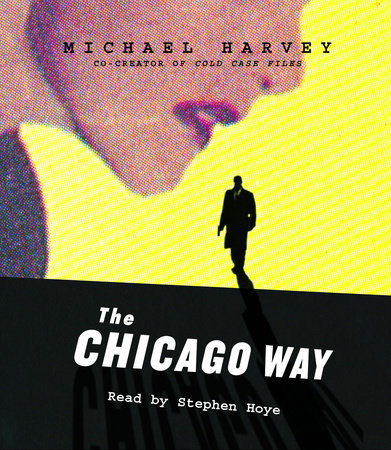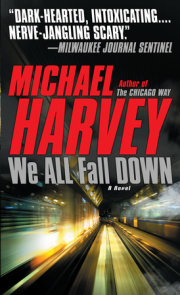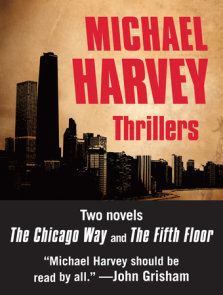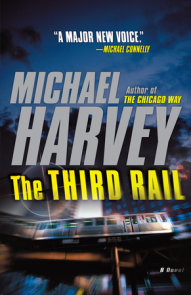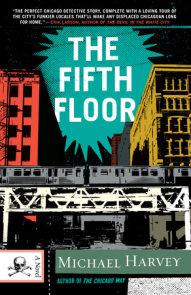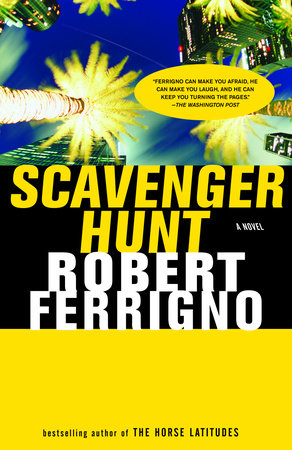Author Q&A
Q: Where did the idea for THE CHICAGO WAY come from?
Good question. I had around about a hundred pages of this novel sitting in the back of a drawer for about two years. I pulled that out in April of 2006 and decided I wanted to finish it. At that time, I had a beginning and an end with not much else in between. So I just decided to sit down and write.
I let the characters start talking and they told me where to go with the story. The specific plot lines are all fictitious. I have, however, had a lot of contact with cops, killers, prosecutors, and forensic types. through my work as a journalist and documentary producer. That experience, to some extent, informs the entire manuscript and hopefully adds an air of authenticity to the novel.
Q: You are the creator of the highly popular television show Cold Case Files. How did you come to be involved in that show?
The year was 1997. I was working away on a variety of documentary projects both for television and film. My work covered a range of topics, everything from the Holocaust to life inside the Clinton White House. The bulk of my documentary work, however, focused on the inner workings of the criminal justice system. (This was before CSI and its progeny.) Most of the general public had never heard of DNA, except through the prism of the OJ Simpson trial. As I talked to prosecutors and detectives and saw what was going on, it became apparent that the science of forensic DNA was going to change the criminal justice system in a way that was fundamental and unprecedented. I’m no genius but I figured we might want to pay attention to that.
The specific angle of cold cases was really a story-telling decision. The idea that a box of evidence could sit on a shelf for decades and then suddenly be pulled down, dusted off and mined for the name of the killer had a lot of appeal. I always thought of it as the “ultimate whodunit.” To that end, the first hour was written and shot in a film noir style. We thought that would give the show a unique identity and allow us to ramp up the atmospherics.
Cold Case Files was an immediate ratings hit. The network ordered a slate of shows and we were on our way. I produced and wrote the first ten to fifteen hours. As the work load increased, I moved into a executive producer role, overseeing a wonderful team of producers, editors and photographers. Cold Case Files has been twice nominated for a Prime Time Emmy for best non-fiction series.
Q: Do you think spending so much time on unsolved crimes fed into your desire to create a protagonist whose life is dedicated to solving crimes?
Yes and no. Dashiell Hammett and Raymond Chandler essentially created America¹s literary take on the private eye. Like most writers who work in this area, I was greatly influenced by their work. Once I started working with real detectives, I understood a little better why Hammett and Chandler are who they are. Each understood the essential character of the guy who tracks down bad guys for a living. Why he or she does it. How they do it. The inherent dangers involved and the often understated approach real-life investigators take to their job. I think for Hammett and Chandler it was never about plot. It was always about character. And, of course, wonderful writing. They understood that better than anybody.
I guess that¹s a circular way of saying that my protagonist is the product of a number of different influences, both in the world of fiction and non-fiction. There. Maybe I just should have started with that.
Q: How much of what you have seen as a reporter and documentary filmmaker inform your novel?
There¹s an old saying, “Write what you know.” I don¹t think I could have ever created the protagonist, or the story lines, of Chicago Way without my real-life journalism and documentary experience. From the rhythm of the language to the inside ball game stuff on the science of DNA and CODIS to what makes a serial killer tick, there’s no substitute for being there and seeing it first-hand. As I said earlier, while there are no specific tie-ins to story line or plot, everything I have done in the criminal justice field feeds into the mood and voice of the novel. Hopefully, that’s a good thing.
A good example is the serial killer character in Chicago Way. He has a lot of superficial connections to the killer John Wayne Gacy, whom I interviewed in 1992. The reality is that this character represents a compilation of a lot of different killers I have talked to, including Gacy. Like most real-life serial killers, my character is all about one thing: himself. Like most serial killers, my character loves to be in control and manipulate whoever and whatever he can. Be it their victims, the media or an investigator trying to solve a crime, most serial killers thrive on that sort of manipulation and control, all of which feeds their ego. Once you talk to some of these killers, you see how they work. Then it becomes much easier to bring that to life in a fiction setting.
Q: The Chicago Way tackles many of the issues surrounding the crime of rape and how victims are treated. What has drawn you to this issue and are you trying to draw attention to the problems and challenges of how rape crimes are investigated and prosecuted?
I¹d like the book to work on a couple of levels. First, I hope people find it to be a fast, enjoyable read. If they want to dig deeper, I hope they can find some real issues percolating just below the surface.
I have walked into evidence lockers around the country and found rape kits and boxes of evidence, stacked to the ceiling and waiting for DNA testing. Everyone agrees there are the names of rapists and killers waiting to be discovered here. Problem is we don’t have enough money, time or manpower to do the job. I think the scientists, cops and prosecutors are doing all they can. The problem is money. Can we get more money for DNA testing? If we can, there is no doubt we will solve cases, give victims closure and maybe even identify the serial killer living next door.
Q: What do you think accounts for the incredible popularity of true-crime and forensic programming which seems to dominate the airwaves these days?
Truth is truly stranger than fiction. Many times I have been on a documentary shoot and said to anyone who will listen, “If they made this into a movie, no one would believe it.” And yet it’s true. Real people can be incredibly violent, impossibly stupid and terribly cruel. Real people can also be wonderfully selfless, remarkably persistent and quietly noble. All in the same homicide investigation. More often than not, that makes for a good story.
Q: Does Michael Harvey share any character traits with Michael Kelly? (We hear you both have a thing for the classics).
This is a favorite question among my family members. Psychoanalyze Michael through his novel. Wonderful parlor game.
I think the parallels to myself are most obviously Kelly’s interest in classical languages. I started taking Latin in the seventh grade and picked up ancient Greek during my sophomore year in high school. I continued to study both in college and earned my degree in Classical Languages.
That’s a decade of Latin and Greek. Needless to say, I was going to figure out some way to work them into the Chicago way. Michael Kelly provided the opportunity.
The great thing about a background in classical languages is that you are not just studying the languages themselves. You are also learning from some of the most acute observers of the human condition in the history of western civilization, to wit: Homer, Plato, Aeschylus, Sophocles and Cicero, just to name a few. Using classical references in the Chicago Way allows me to introduce a lot of their concepts as a way to deepen character and, hopefully, develop plot. I guess the bottom line is there¹s a reason why Homer, Plato, Cicero et al. have survived as long as they have. Their work deals with timeless sorts of truth, concepts that are as relevant today as the day they were written. That is their genius and, hopefully, a unique way to move my novel forward.
Q: How did you come to own The Hidden Shamrock (in Chicago)? Owning a local bar must be great when it comes to collecting interesting stores, no?
I own the Hidden Shamrock with a couple of college buddies. We bought it because we thought it might be kind of fun. It has been all of that …. and then some. The best part about the Shamrock has been the people. From my fellow owners to the staff and customers that have become regulars over the years, it has been nothing but a wonderful experience. A lot of great memories and a lot of close friends. Interesting stories? Yes, there have been a few. Fodder for a possible novel? You never know.
Q: Who are some of the writers who have inspired you?
In no particular order…
John Steinbeck, Ernest Hemingway, Gabriel Garcia Marquez, Dashiell Hammett, Raymond Chandler, Ross Macdonald, Charles Dickens, F. Scott Fitzgerald, James Cain, Robert Parker, Dorothy Parker, Truman Capote, Fyodor Dostoyevsky, Homer, Cicero, Sophocles, Shakespeare, Ovid, J. R. R. Tolkien, C. S. Lewis.
Q: What is next for you?
The Chicago Way is my first novel. I¹d like to continue to write more novels and hopefully hone my skills as a story teller. I have a lot of experience in the documentary world and want to continue to contribute there as well.
The nice thing about this combination is that one tends to feed the other.
My documentary experiences will hopefully keep my literary voice fresh and my story telling instincts sharp.
Television and film are also possibilities simply because I like the visual medium and have experience there. For the present, however, the novel is where I hope to focus my writing efforts.
